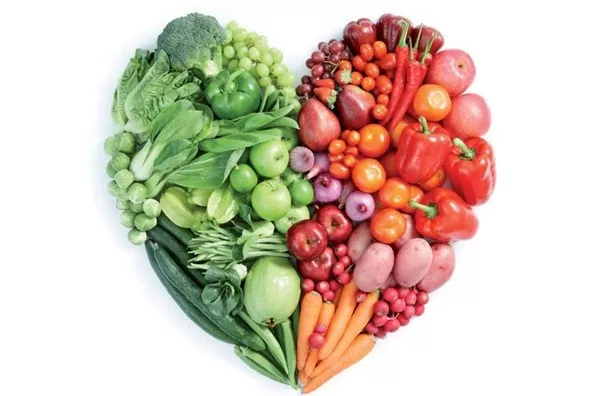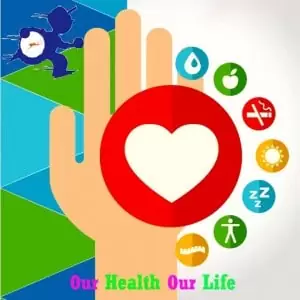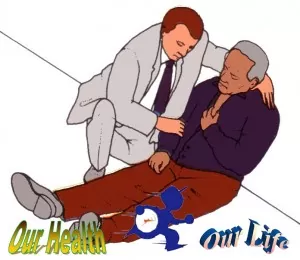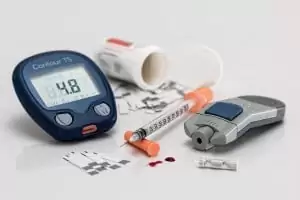In about 5% of cancers there is a hereditary component family and exposure to toxic agents at work may be behind 10% of the total. The remaining 80 to 90% would be related to lifestyle.
Personal habits represent the highest percentage in the frequency of cancer (among all can represent 50% of the factors related to its appearance). The cancer prevention tips that you can apply right now are:
1. Do not smoke.
And keep your home smokeless snuff. Cigarette smoke consumed without aspire has 4 times more carcinogenic components that the inhaled and nonsmokers who live on premises are also exposed to these carcinogens.
2. Hold the line.
Obesity is associated with increased risk of breast and kidney cancer, colon, esophagus, pancreas, endometrium or among others.
[ads]
3. Move.
Perform moderate physical activity often it prevents between 30 and 50% the appearance of cancerous tumors.
4. Eat well.
In addition to eating a healthy diet rich in whole grains, legumes, vegetables and fruits and reduce the consumption of foods high in calories, sugar and fat and sugary drinks, remember that charred food (grilled, roasted) contain carcinogens known as polycyclic aromatic hydrocarbons . In addition, cooked and slow cooling of foods mixed vegetables and meats (stews and soups) generates the emergence of nitrosamines, which are carcinogenic.
5. Alcohol, little and occasionally.
Alcohol consumption causes liver cancer, especially when there are hepatitis and cirrhosis, and represents a carcinogenic agent first order in oropharyngeal and esophageal cancer.
6. Be sun.
One in three new tumors diagnosed is skin cancer. Exposure to the sun’s ultraviolet rays is a factor of skin cancer and melanoma, so it is recommended to limit sun exposure and use high protection factors.
7. Stay away from harmful fumes.
The smoke produced by the combustion of organic material is carcinogenic, and the most significant pollution is caused by smoking and the use of coal for cooking and heating. In addition, in the cities it joins the concentration of particles and toxic agents from industrial sources, which increase the effects of carcinogens. It is estimated that when the concentration of these particles in air is increased by 1%, the risk of lung cancer increases by 14 percent.
8. Early detection: everyone’s responsibility.
Screening programs significantly improve the prognosis of cancer, although its incidence has seen it grow its survival and mortality is reduced. Remember:
- Women should be made one smear every year and after 40 years should participate in programs of screening for breast cancer;
- Men, in turn, should be involved in prostate cancer screening starting at age 40.
- Women and men should participate in colorectal cancer screening starting at age 50.
Two more tips.
One for women: commitment to breastfeeding, which reduces the risk of breast cancer, and limits the use of hormone replacement therapy.
And another for children: Make sure your children get vaccinated against hepatitis B and human papilloma virus.







